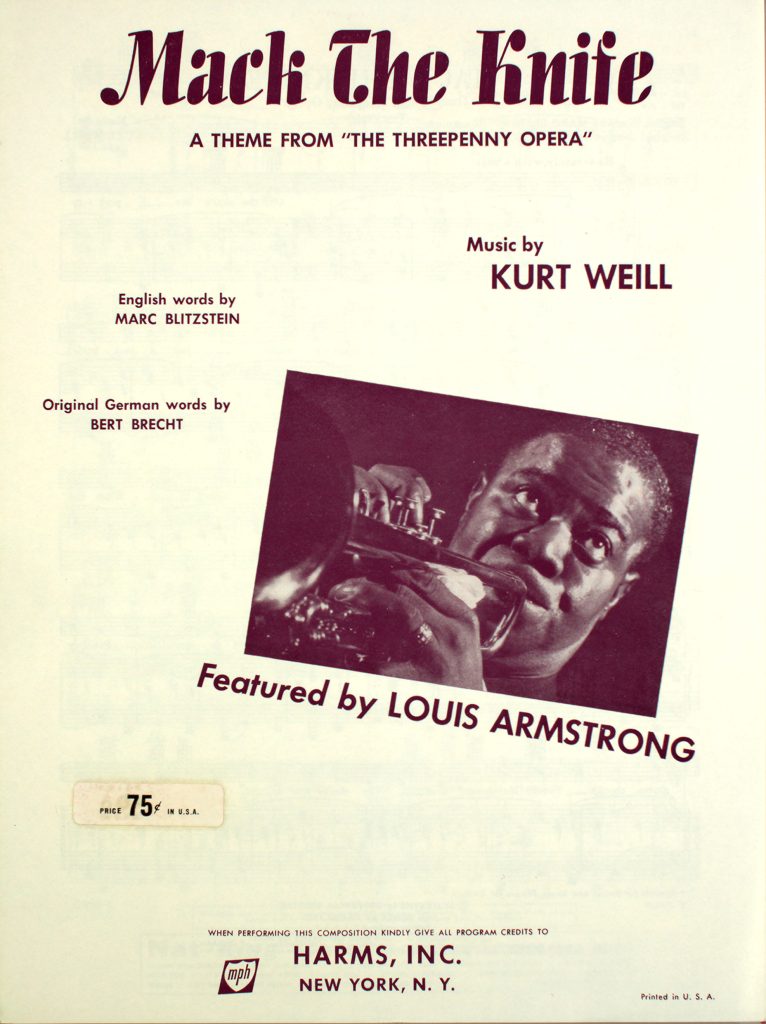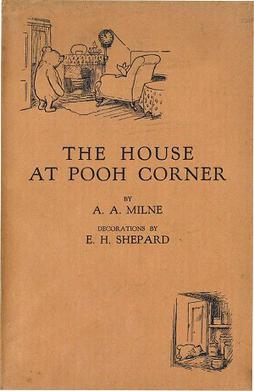Each year, a new set of creative works enters the public domain as they reach the ripe old age of 95. This year’s group was born in 1928, and includes All Quiet on the Western Front, A.A. Milne’s House at Pooh Corner, and Bertolt Brecht’s, The Threepenny Opera (Die Dreigroschenoper) including the well-known Kurt Weill/Brecht song, Mack the Knife.
Why do we care about creative works moving into the public domain? To quote a former colleague of mine, Robin Sinn, “Because copyright has lapsed for these and similar works, anyone can post the text online, publish a print book, or record and make an audio version available, without having to obtain rights and permissions from a copyright holder,” which makes sites like Project Gutenberg and Hathi Trust possible (https://blogs.library.jhu.edu/2020/01/jan-1-public-domain-day-2020/). This brings these works to a broader audience.
Like all great literature, the class of 1928 explores themes that still resonate. All Quiet on the Western Front portrays the “gruesome reality of a common soldier’s life in the trenches.” It is part of moving tradition of war-time and post-war literature that is explored so effectively in The Great War and Modern Memory, and along with Robert Graves’s Good-Bye to All That, which enters the public domain next year, provides glimpses into the cataclysmic societal changes wrought by the First World War.
The Threepenny Opera‘s roots go back to the eighteenth century when English poet and dramatist, John Gay, penned the satirical Beggar’s Opera, which documents the seedier side of London life. Brecht’s then partner, Elizabeth Hauptmann, translated it into German, and after passing the translation work off as his own, Brecht collaborated with Kurt Weill on a musical work. I was lucky enough to see it produced in 1976 at Shakespeare in the Park, with Raul Julia in the title role, and later studied its impact on Weimar culture when I took a class on Weimar Germany with JH Professor, Vernon Lidtke.
The House at Pooh Corner introduces us to that enduring dare-devil, Tigger. While the Disney Tigger is still under copyright until 2061, the original Tigger is happily in the public domain. Our copy features a fore-edge painting of Tigger and other characters in glorious color.
If you want to explore more works, check out this blog post, which has more titles and a great explanation of how public domain works. For an in-depth view of copyright through the lens of Mickey Mouse’s Steamboat Willie, which also enters the public domain, I recommend this interview with Carey Business School faculty, Stacey Lee.



